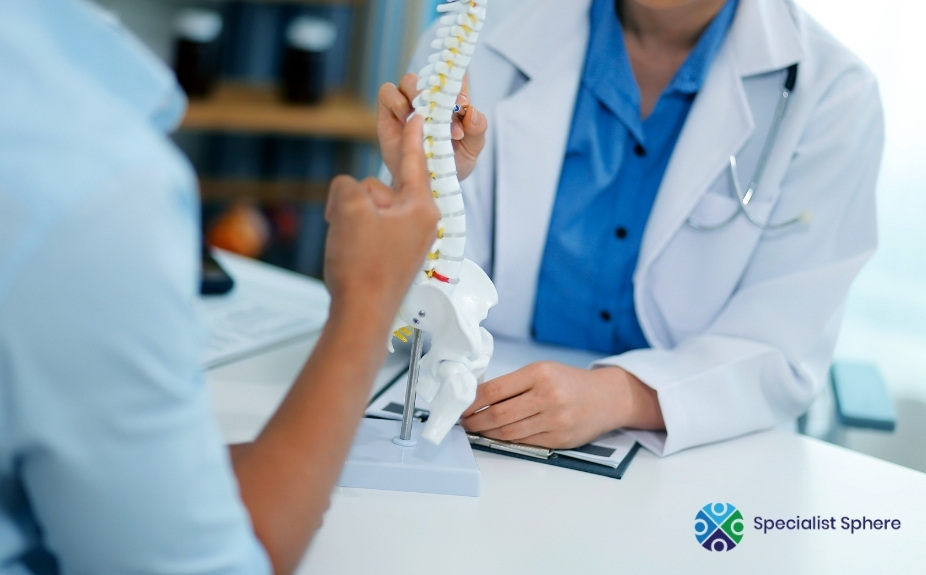Low bone density [including osteopenia and osteoporosis] is a silent but serious condition that weakens bones and increases the risk of fractures. It typically affects older adults but can also impact younger individuals with poor nutrition or sedentary lifestyles. Understanding the causes, symptoms, and latest treatment options is key to protecting your bone health long term.
What Is Low Bone Density?
Bone density refers to how much mineral content—primarily calcium and phosphorus—is packed into your bone tissue.
- Osteopenia indicates lower-than-normal density but not low enough to be classified as osteoporosis.
- Osteoporosis is a more advanced condition where bones become porous, brittle, and prone to breaks.
Causes of Low Bone Density
- Aging, especially postmenopausal women due to estrogen loss
- Nutritional deficiencies (calcium, vitamin D)
- Sedentary lifestyle or prolonged immobility
- Smoking and excessive alcohol use
- Certain medications (like corticosteroids)
- Hormonal disorders (thyroid, parathyroid imbalance)
Symptoms and Warning Signs
Often symptomless in early stages, but as bone mass declines:
- Back pain from vertebral compression fractures
- Loss of height over time
- Stooped posture (kyphosis)
- Easily fractured bones from minor falls
Diagnostic Tools
- DEXA scan (dual-energy X-ray absorptiometry): The gold standard for measuring bone density
- FRAX score: Used to estimate the 10-year fracture risk
Effective Treatment Approaches
- Lifestyle changes: Weight-bearing exercise, balance training, smoking cessation
- Dietary support: High calcium and vitamin D intake
- Medications:
- Bisphosphonates (e.g., alendronate, risedronate)
- Denosumab (Prolia) for those with severe osteoporosis
- Selective estrogen receptor modulators (SERMs)
- Teriparatide or abaloparatide for bone regeneration
Bone Health Monitoring and Follow-Up
Regular monitoring through DEXA scans every 1–2 years and consistent consultation with a bone health specialist is crucial to tracking treatment efficacy.
Prevention Strategies
- Start bone-strengthening habits early in life
- Get screened if you have risk factors, especially postmenopause
- Limit caffeine, alcohol, and highly acidic foods
Learn more about managing osteopenia and osteoporosis with advanced diagnostics and personalized care at The Orthopaedic & Pain Practice’s medical conditions page.


